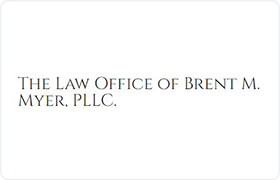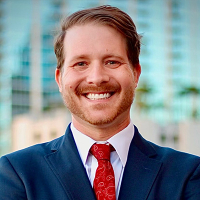Trilby Collection Lawyer, Florida
Sponsored Law Firm
-
 x
x

Click For More Info:
-
Law Office of Brent M. Myer, PLLC
27 SE Ocean Blvd Stuart, FL 34994» view mapBankruptcy & Debt Your Local Bankruptcy Attorney
Brent M. Myer has over 15 years of consumer bankruptcy experience and has represented both debtors and creditors in the past.
772-873-7794
James W. Elliott
✓ VERIFIEDBankruptcy & Debt, Foreclosure, Collection, Credit & Debt, Reorganization
James Elliott is a native of Tampa, Florida. After graduating from Tampa Jesuit High School, he attended the University of Florida where he received a... (more)
Frank H Kerney
✓ VERIFIEDCredit & Debt, Collection, Accident & Injury, Bankruptcy & Debt
Frank Kerney III is a managing partner of The Consumer Lawyers. Frank grew up in central New Jersey before moving to Florida to attend the University ... (more)
Jason Joaquin Ricardo
Commercial Real Estate, Consumer Rights, Credit & Debt, Collection
Status: In Good Standing Licensed: 30 Years
Kenneth Lee Warnstadt
Commercial Real Estate, State and Local, Estate Planning, Collection
Status: In Good Standing Licensed: 36 Years
Stuart Symington Smith
Estate, Civil Rights, Collection, Bankruptcy
Status: In Good Standing Licensed: 40 Years
James Alan Boyko
Lawsuit & Dispute, Family Law, Collection, Other
Status: In Good Standing Licensed: 37 Years
Michele Lynn Hobby
Family Law, Divorce, Divorce & Family Law, Collection
Status: In Good Standing Licensed: 19 Years
Ginger Lynn Dugan
Family Law, Divorce, Divorce & Family Law, Collection
Status: In Good Standing Licensed: 17 Years
 Brent Myer Stuart, FL
Brent Myer Stuart, FL Practice AreasExpertise
Practice AreasExpertise


